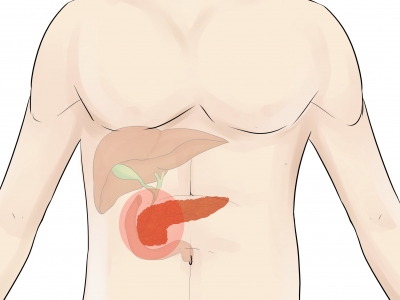Can acute pancreatitis be cured?
In general, whether acute pancreatitis can be cured depends on a comprehensive assessment of factors such as the severity of the condition, timeliness and appropriateness of treatment, and the patient's overall health. If discomfort occurs, it is recommended to seek medical attention promptly. The specific analysis is as follows:

If acute pancreatitis is mild, with no organ failure or pancreatic necrosis, and if the patient has no underlying diseases and receives timely medical care after onset—such as standard treatments including fasting, fluid replacement, and inhibition of pancreatic enzyme secretion—most cases can be cured within 1–2 weeks. Pancreatic function usually returns to normal after treatment, without significant sequelae, and recurrence can be effectively prevented through lifestyle adjustments.
If acute pancreatitis is severe, with complications such as pancreatic necrosis, infection, or multi-organ dysfunction (e.g., respiratory failure, renal failure), especially in older patients with comorbidities like diabetes, and if treatment is delayed or improperly managed, the likelihood of recovery decreases. Some patients may require long-term treatment and could develop sequelae such as pancreatic insufficiency or pseudocysts; in severe cases, the condition may even be life-threatening.
In daily life, individuals should seek immediate medical attention when symptoms such as upper abdominal pain, nausea, or vomiting occur to avoid treatment delays. During treatment, patients must strictly follow medical instructions and refrain from eating or drinking without authorization. After recovery, alcohol consumption and overeating should be avoided, and intake of high-fat foods should be reduced. Patients with underlying conditions such as gallstones or hyperlipidemia should actively manage these primary diseases to lower the risk of pancreatitis recurrence. Regular follow-up evaluations of pancreatic function are also recommended to monitor recovery progress.






